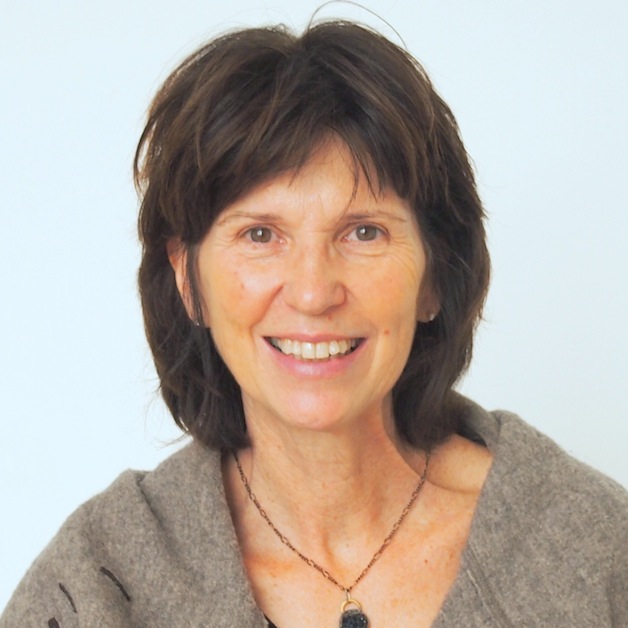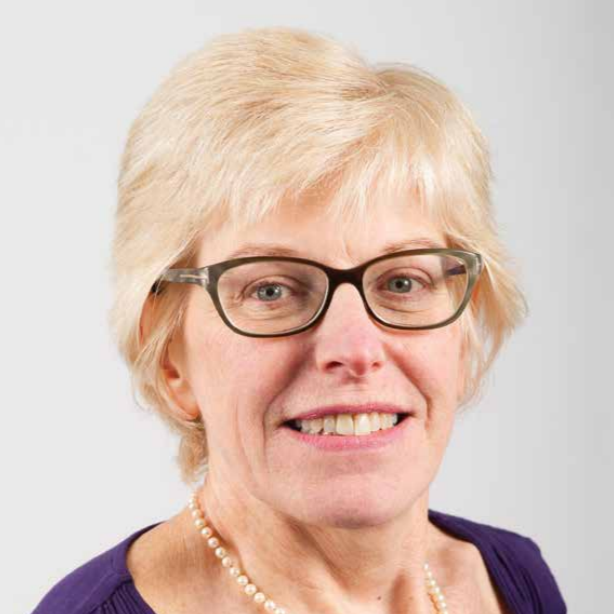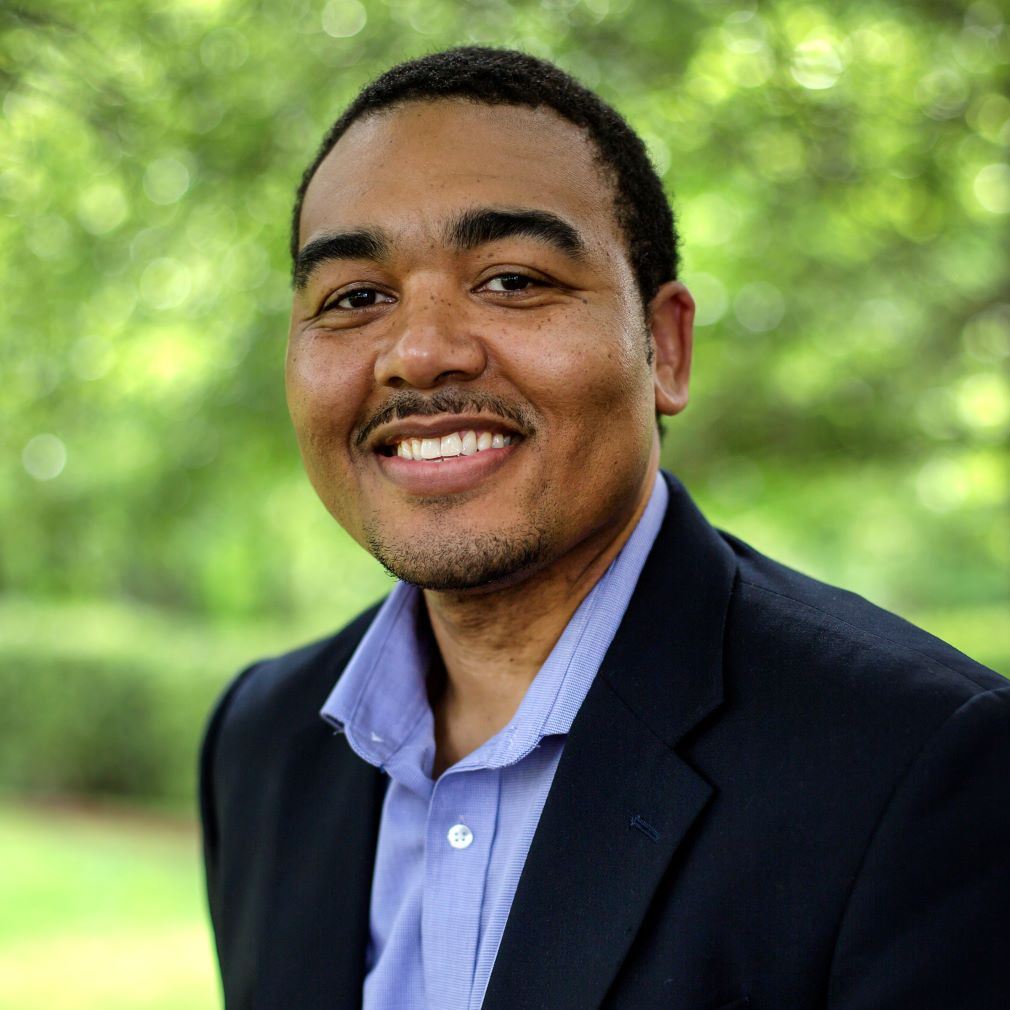Download the Congress program

The chosen theme of the 2022 Congress is “Happy Journey through Life”. It addresses the fact that autism is a life-long journey and brings focus on the well-being of each autistic individual. We plan for the Congress programme to be challenging, diverse, inclusive and to create debate.
The Congress programme will be made up of keynote presentations, pre-selected symposia topics, oral presentation sessions, poster presentations, panel discussions, workshops, “meet the expert” sessions and networking.
KEYNOTE SPEAKERS
SYMPOSIA TOPICS
We have been guided by our Scientific Committee, as well as suggestions from the wider community, to create a diverse and exciting programme that will include symposium topics on the following:
1. Diagnosing and supporting co-occurring difficulties in the early years
2. Reviewing the evidence base to support early communication development
3. Research review and practice recommendations in adult diagnosis
4. Best practice working with autistic adults with high support needs
5. Outcomes for adults on the spectrum: whose quality of life is it anyway?
6. Building healthy living: a lifetime perspective
7. Better mental health and wellbeing for autistic people and their families
8. What is the future of telehealth in autism services?
9. Reviewing the evidence: how to create the right environments for autistic pupils in school
10. Building positive peer relationships in schools
11. How do we support families marginalised by ethnicity, culture, language or finances?
12. Gender Identity and autism
13. Cognitive neuroscience – where are we now and where are we going?
14. Sensory differences – brain, behaviour and management
3 PERSPECTIVES
For many of the Congress sessions, there will be a balance of presentations from researchers, practitioners (i.e. from health, education or social care), autistic people, their family members and carers, and those involved with policy or advocacy. At the end of sessions, there will be time allotted for discussion and Q&A.
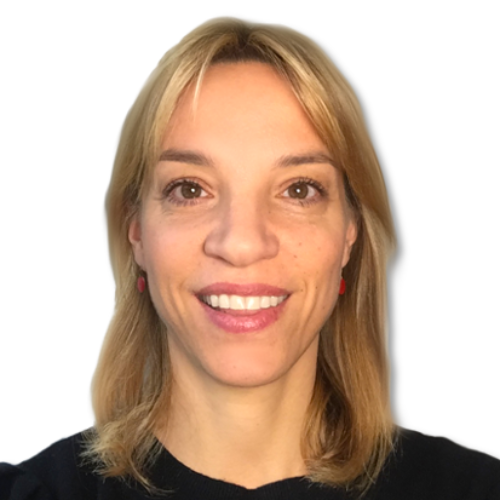
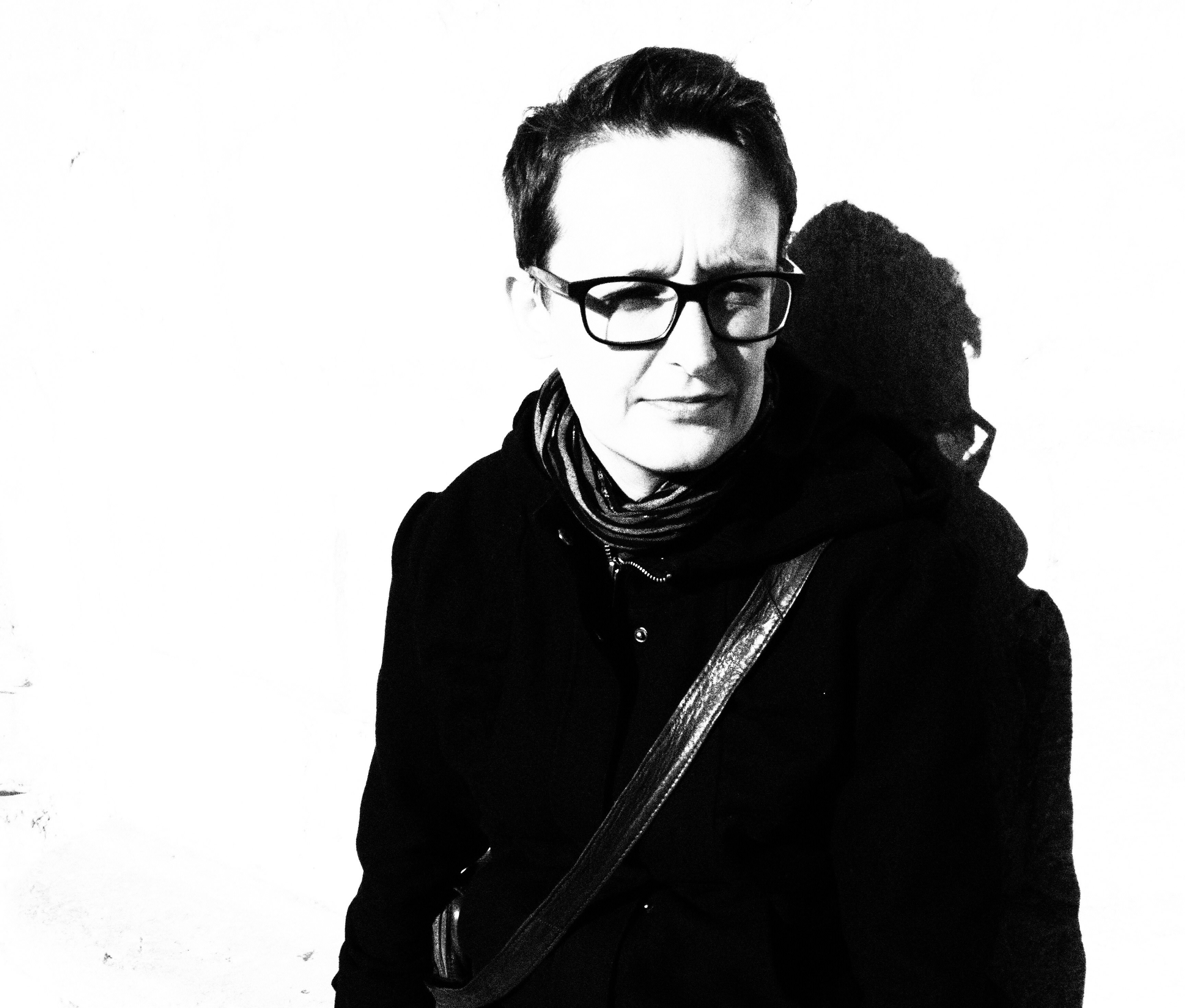
.jpg)
